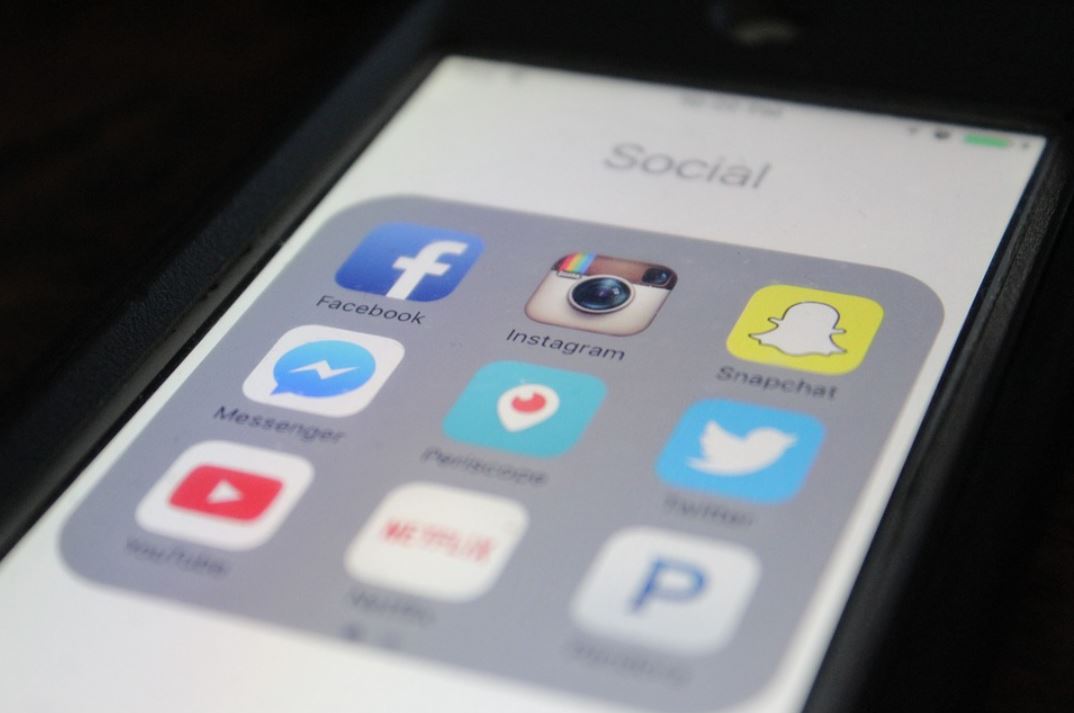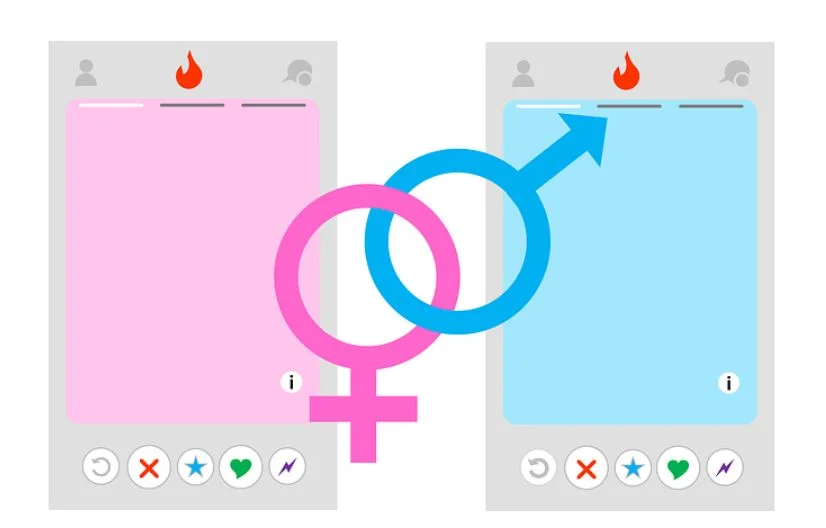A Look into Netflix and Tinder
Whether you’re single, married, young or old, chances are you’ve used Tinder or Netflix (or both). While movies and dates don’t typically have too much in common, your experiences within these apps may be more similar than you realize.
Imagine relaxing in your living room surfing through Netflix looking for a movie to watch or trying to find your next favorite show. If you’re anything like me, you either don’t find something you’re super interested in, so you watch an old faithful that you’ve seen 10+ times or you select a show or movie that you’re willing to try knowing that you can back out and find something else. Some people may give up altogether and play something in the background as they scroll through their social media feeds.
Now imagine relaxing in your living room, swiping through photos of individuals on Tinder and reading their bios hoping to connect with them on some level causing you to swipe right. *For those who are unfamiliar with Tinder, you download the app, upload some photos of yourself, fill out a bio telling people as much or as little about yourself as you like, then select what type of people you’d like to be potentially matched with. Once you’ve set it up, you shuffle through profiles of other people who fit your dating preferences, and ‘swipe left’ for those you have no interest in, and ‘swipe right’ for those who attract your attention. When you swipe right, you hope that person has also swiped right so there is a match. Once you have matches, you can start a conversation with the goal of meeting in person.
After you’ve swiped right on people on Tinder, you can be at work, at a restaurant, in class, or at home watching a movie when suddenly your phone chimes letting you know you have a new match. You can either message the person or respond back to the message they’ve sent you. The thing about Tinder is there are so many opportunities to strike up a conversation with someone or meet up at a local watering hole for a drink, if the conversation doesn’t progress quickly or the first date doesn’t resonate or turns into a dreaded one-night stand, you can move on to the next match or keep swiping, much like trying to find something decent to watch on Netflix.
Browsing through movies and shows on Netflix and swiping through people and going on dates facilitated through Tinder are uncannily similar due to one thing: convenience. You can casually look through potential dates while eating a salad at lunch or while sitting on a conference call during work. You browse through an endless amount of movies and shows on Netflix with the hopes of finding something to settle on at the moment, before turning on episodes of Friends for the 100th time.
Why does this matter that Netflix and Tinder are so similar and convenient? For those of us millennials who are single and complain about the dating world today, it makes a lot of sense. Guys don’t have to ‘woo’ a girl as much on the first date because they know if it doesn’t go well, they can hop back on an app and try their luck with the next one. Girls don’t have to identify the perfect date location, because it’s easier to show up at someone’s house and watch a movie.
This may seem like a silly comparison but it seems it has ultimately impacted a generation of individuals and how they date. According to “The 5 Years That Changed Dating” by The Atlantic, Tinder changed the way millennials date by not only making it convenient through an app, but it ultimately affected how these people treat each other during these dates. When people are brought together through geographic location and common interests through an app, there are fewer ties to them such as friends in common, bumping into each other at the local pub, and other organic ways people have met each other for decades. Instead, they are two people placed together through an algorithm which means once they choose to end things, they most likely never have to see each other again. What does this mean? These people no longer have to be as nice to each other as some have been in the past. Evidence of this is the new dating terms that have emerged in the past few years. A few examples are ghosting (when someone stops communicating out of the blue, never to be heard from again), breadcrumbing (when someone sends flirtatious messages or likes your social media posts, but never makes plans to see you in person), zombieing (when someone sends all the right words and communicates, but has no intention of moving further than the second date).
Next time you hop onto Netflix, notice how easy it is to not fully commit to a movie once you see the trailer or how you can turn back after watching two episodes of a sitcom you’ve never heard of. If you’re married or in a serious relationship, think about how this would be if it were related to how you date. Do you think dating apps are a staple of today’s times or do you think people will migrate back to the ways during the ‘good old days’?



